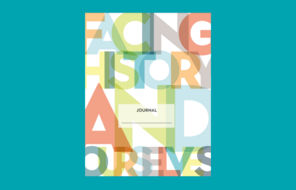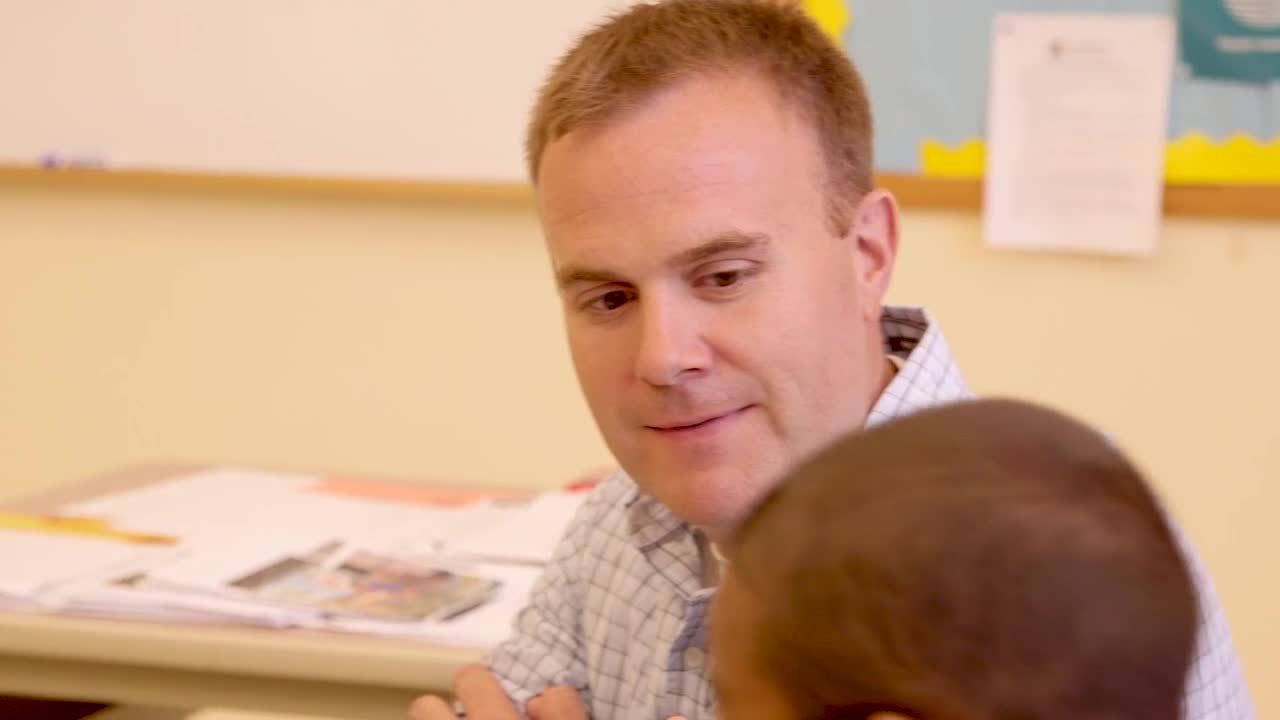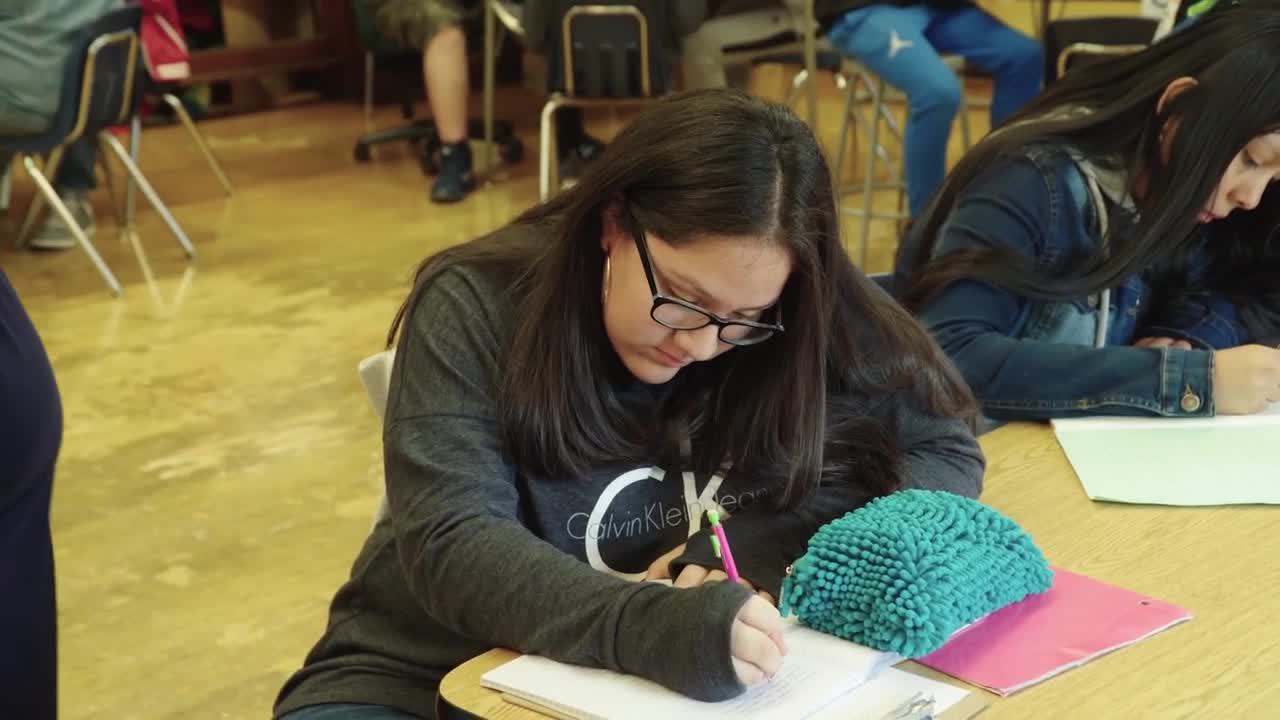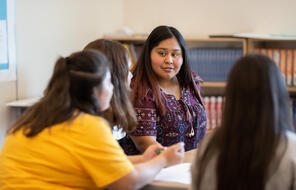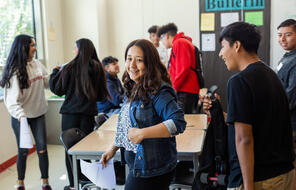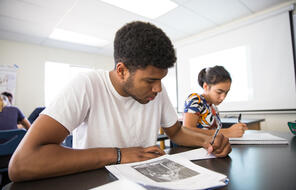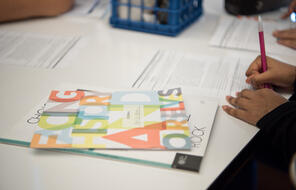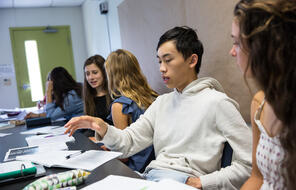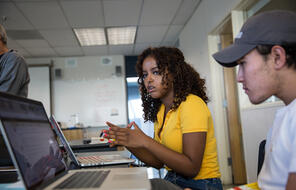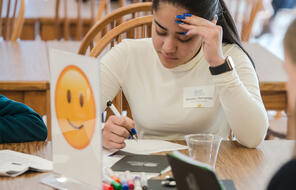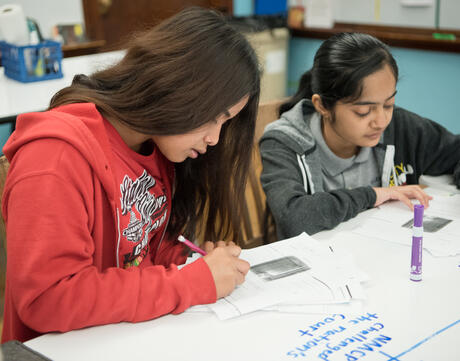
Journals in the Classroom
At a Glance
Language
English — USSubject
- Advisory
- English & Language Arts
- History
- Social Studies
Grade
6–12Overview
What Are the Benefits of Student Journals?
A journal is an instrumental tool for helping students develop their ability to critically examine their surroundings from multiple perspectives and to make informed judgments about what they see and hear. Many students find that writing or drawing in a journal helps them process ideas, formulate questions, and retain information.
Journals make learning visible by providing a safe, accessible space for students to share thoughts, feelings, and uncertainties. In this way, journals are also an assessment tool: you can use them to better understand what your students know, what they are struggling to understand, and how their thinking has changed over time. Reading and commenting on your students' journals offers a way for you to build relationships with your students as well. Frequent journal writing also helps students become more fluent in expressing their ideas in writing or speaking.
Below, we describe some of the many ways you can use journals as an effective learning tool in the classroom. We've also collected student journal prompt ideas you can use to jumpstart journaling in your classroom.
Procedure
How to Use Student Journaling in Your Classroom
Journal Prompts for Middle and High School Students
These journal prompts reflect themes that many high school students and middle school students encounter as they come of age. Select from these prompts or use them as inspiration to write your own journal prompts.
Student Journaling Classroom Examples
Additional Resources
Resources from Other Organizations
Unlimited Access to Learning. More Added Every Month.
Facing History & Ourselves is designed for educators who want to help students explore identity, think critically, grow emotionally, act ethically, and participate in civic life. It’s hard work, so we’ve developed some go-to professional learning opportunities to help you along the way.
Exploring ELA Text Selection with Julia Torres
On-Demand
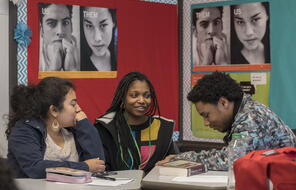
Working for Justice, Equity and Civic Agency in Our Schools: A Conversation with Clint Smith
On-Demand

Centering Student Voices to Build Community and Agency
On-Demand


